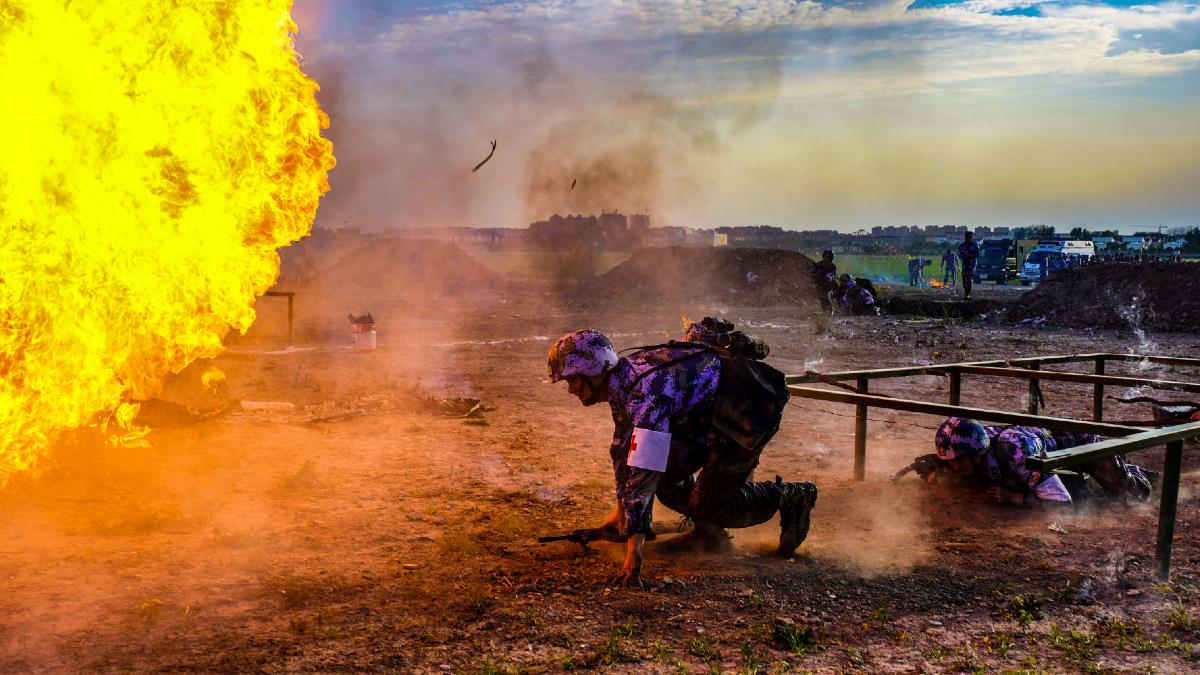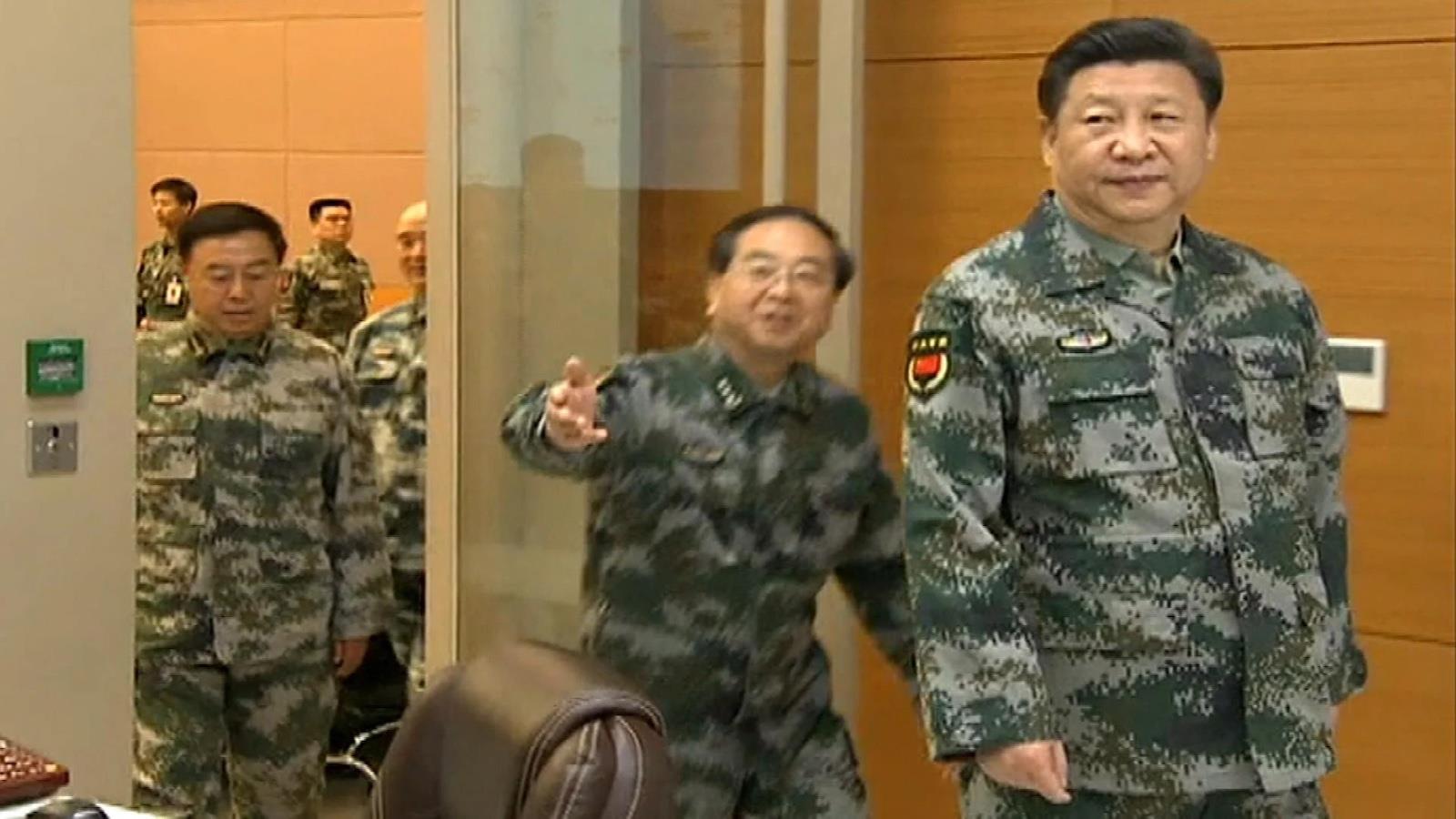(MENAFN- Asia Times) This is the second of a three-part series. Read Part 1 here .
Chinese writings discuss a two-phased approach to military crises: prevention and management (“handling”). The actions that China contemplates in the former are different from those in the latter. This section assesses China's approach to both phases.
The 2020 Science of Military Strategy defines crisis prevention as“the targeted preparations taken in advance to prevent the occurrence of military crises.” It lays out a sophisticated breakdown of requirements to prevent such crises: the need to“plan from the overall perspective” (that is, shape dynamics while remaining focused on Chinese core interests) and monitor developments to“prevent potential crises from approaching or reaching the ignition point.”
The prevention phase, plainly, is active, so much so that it talks about the need to“pre-manage crises.” Pre-management involves conducting good foreign policy, notably with other major powers. It also involves implementing measures and mechanisms to enhance interagency coordination to ensure“quick and effective” handling. It calls for mechanisms“with countries with potential and actual conflicts of interest.”
Finally, Chinese writings talk about“action measures” or“targeted preventive dynamic measures,” such as forecasting or early warning, to:
“reduce the suddenness and unexpectedness of crises,” formulate“multiple plans for flexible response” and, even, conduct“actual combat drills.”

PLA soldiers under training. Photo: Eastern Theater Command
The goals of prevention are to stop crises from developing and to prepare if they do develop – hence, the call for China to“seize the opportunity and strive for strategic initiative” during that phase.
Relatedly, central to Chinese thinking (and in line with the highly organized sequence of recommended actions) is the idea of controllability – that is, that military crises, conflicts, and even wars can and should be controlled.
This is the crux of China's“war control” strategy, which the 2015 Science of Military Strategy explains as follows:“The objective of war control is to prevent the occurrence of war and, once war is inevitable, it is necessary to control its horizontal and vertical escalation and do the most to reduce the negative consequences or to gain a major victory at minor cost.”
Chinese scholars echo this idea. Lin Yi, for example, states that the“generation and development of a military crisis is controllable; it can be prevented through prediction and monitoring.”
Xu Zhou concurs, stressing that the“occurrence and development of a military crisis is controllable, and the escalation of the crisis can be avoided as long as it is handled properly.
Controllability is thus central to both prevention and handling.
Crisis handling
According to the 2020 Science of Military Strategy, the goal of crisis handling is to“control and guide” the developments of a crisis“in a direction that is beneficial.”
The white paper states that handling requires“active management” and generally a quick and effective response (that is, the ability to make quick decisions, take quick actions and quickly prepare for emergencies).
While stressing that political and diplomatic means are preferred to manage crises, the 2020 Science of Military Strategy stresses that military forces are essential“to make substantive achievements,” especially“in actual struggles.” It highlights that deterrence is front and center when dealing with military crises, and if this proves ineffective, combat operations are in order to“further deter” and prevent escalation or stop a developing war.
This is consistent with Xi Jinping's concept of the“peaceful employment of military forces” (i.e., the use of force to prevent escalation).

Xi Jinping in military uniform. Photo: Asia Times files / Xinhua
Thus, while China envisions combat drills in the prevention phase, it contemplates combat operations – military engagement – in the handling phase. To make good on the role it wants the military to play, China has of late strengthened its deterrence posture considerably by:
pressing on with modernization, integrating military and nonmilitary capabilities and enhancing and consolidating its nonconventional capabilities in cyberspace, outer space, and electronic warfare within the People's Liberation Army (PLA) Strategic Support Force.
MENAFN05102023000159011032ID1107195284
Legal Disclaimer:
MENAFN provides the information “as is” without warranty of any kind. We do not accept any responsibility or liability for the accuracy, content, images, videos, licenses, completeness, legality, or reliability of the information contained in this article. If you have any complaints or copyright issues related to this article, kindly contact the provider above.